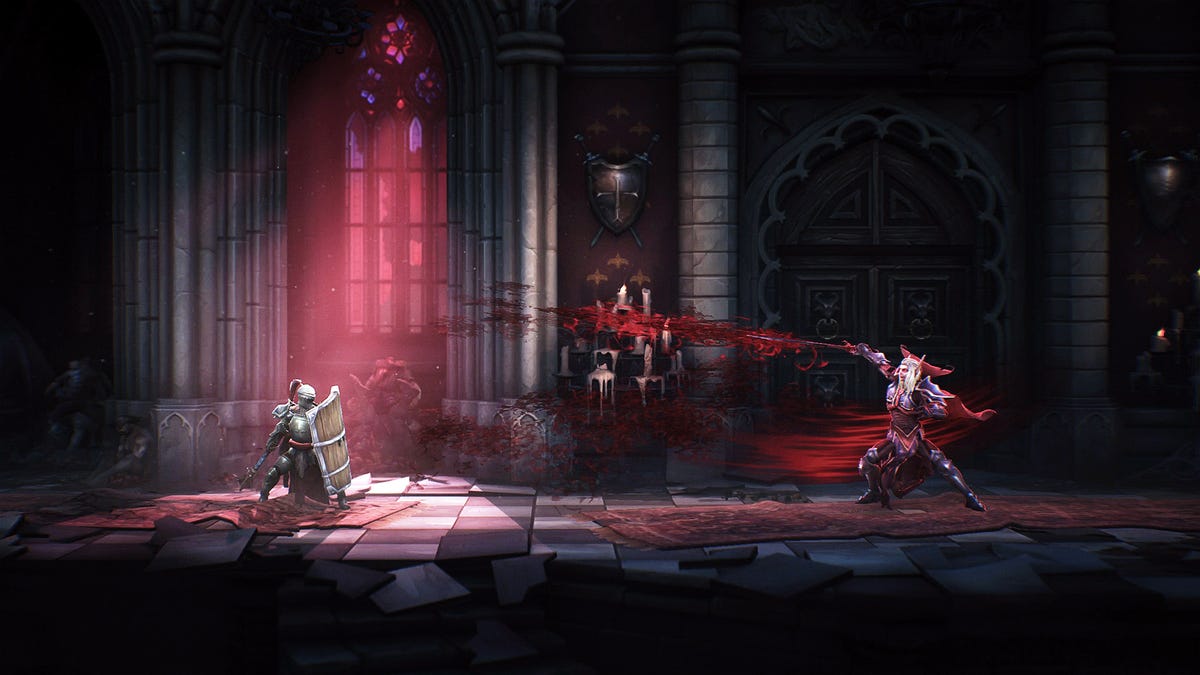Exploring the Haunting Realities of 'Black Mirror's' 'Be Right Back' in Today's AI Landscape

The first episode of the much-acclaimed second season of Black Mirror, titled "Be Right Back," premiered in 2013, leaving an indelible mark on viewers with its thought-provoking narrative. This gripping episode centers around Martha, portrayed by Hayley Atwell, who finds herself grappling with profound grief following the untimely death of her partner, Ash, played by Domhnall Gleeson. As she navigates her emotional turmoil and the challenges of impending motherhood, Martha makes a heart-wrenching decision: to order a digital and physical replica of Ash, a technology that reflects not just his appearance but also his intricacies, including his words and behaviors.
The episode cleverly explores how this replica, designed to emulate Ash so closely, creates an unsettling 'uncanny valley' effect. The more the replica resembles Ash, the more it becomes a haunting reminder of her loss rather than a source of comfort. Eventually, Martha's emotional journey leads her to lock the robot away in the attic, an act that starkly illustrates the toll that grief can take when technology attempts to fill the void left by a loved one.
Interestingly, the concept of creating digital replicas is not just a one-off theme in Black Mirror. The show has revisited this concept multiple times throughout its run. For example, the third seasons episode, "San Junipero," delves into the possibilities of digital existence after death, offering a more optimistic perspective on the idea of life beyond physical limitations. Similarly, the fourth season's "U.S.S. Callister" showcases a virtual reality scenario where characters are crafted based on real people, raising ethical questions about consent and identity. The season two finale, "White Christmas," also makes a significant impact by illustrating the dark potential of technology used to generate home assistants that mimic human interaction. This episode even inspired Apple's series Severance, further underscoring the cultural resonance of these narratives.
As technology continues to advance at an unprecedented rate, the themes explored in "Be Right Back" seem increasingly relevant to our reality. The rapid development of artificial intelligence (AI) over recent years has brought us closer to the possibility of creating a digital version of someone we have lost. While the physical embodiment of such a replica still presents numerous challenges, the capabilities of AI to imitate human behavior are becoming increasingly sophisticated. In a notable announcement at the re:Mars conference in 2022, Amazon unveiled a groundbreaking technology capable of mimicking a human voice, an innovation that sparked immediate comparisons to the storylines of Black Mirror and raised ethical concerns about the implications of such advancements. The anticipation and trepidation surrounding this technology highlight the ongoing debate about the boundaries of AI and its role in our lives. As we stand on the brink of a future where these technologies may become commonplace, it is clear that the themes of Black Mirror are not just fiction; they are fast becoming a reflection of our possible reality.



















